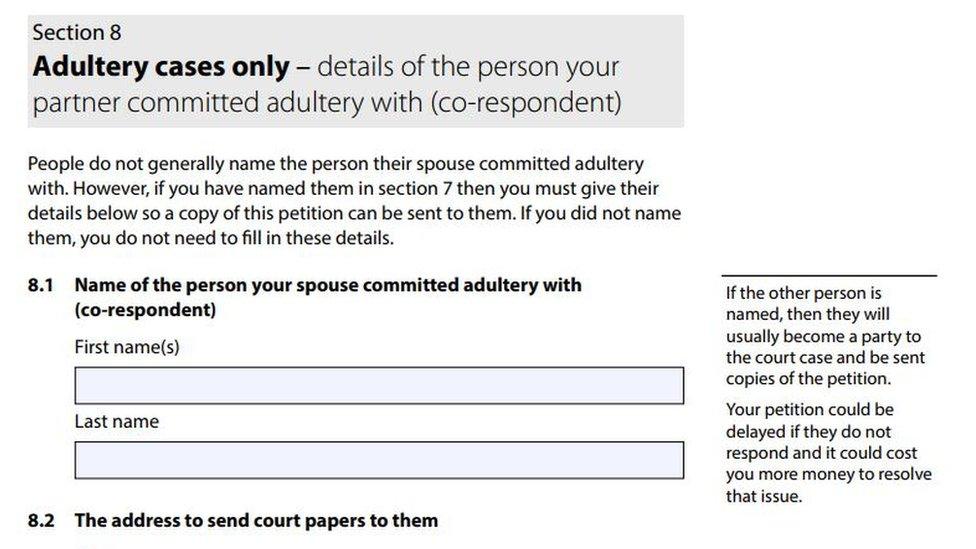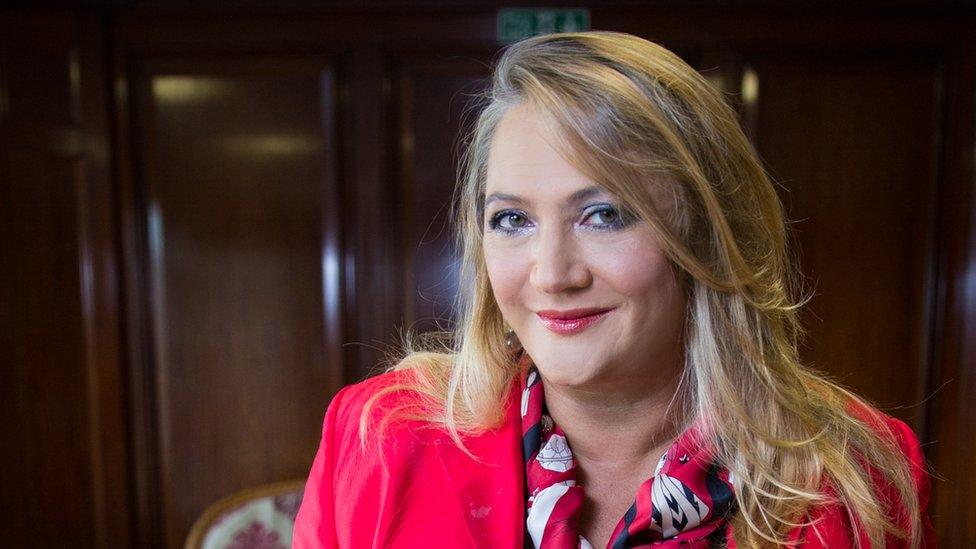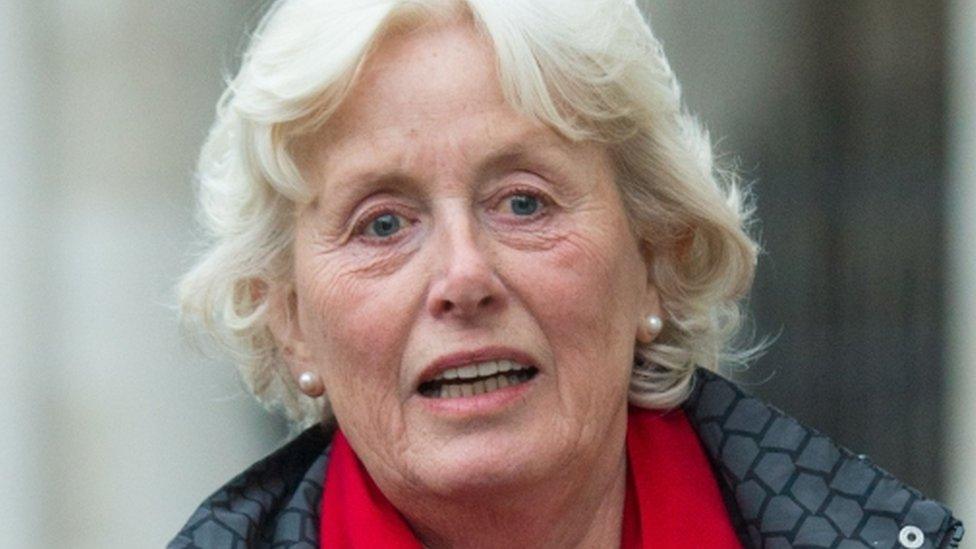New divorce form 'invites name and shame' of adulterers
- Published

The new-look form was introduced by the Ministry of Justice this week
The government's new divorce form - which invites the writer to "name and shame" - could lead to more people being accused of adultery, lawyers say.
The newly-designed form, used to apply for a divorce in England and Wales, asks for the name "of the person your spouse has committed adultery with".
Family lawyers say that, in most cases, involving a third party adds "conflict and complexity".
The Ministry of Justice said there was "no obligation" to name people.
Lawyer Margaret Heathcote, vice-chairwoman of family law group Resolution, is one of those concerned about the form.
"Generally speaking, we don't name the third party. It increases the conflict from day one," she said.
"There's no need. But because the box is there, the indication will be to fill it in."
'An invitation broken hearts can't refuse'
The online form has been updated to make the legal process more user-friendly - especially as some complete the process without seeking legal advice.
The guidance on the form highlights that it is "not normally necessary" to name the person your spouse committed adultery with.
But Georgina Hamblin, director at divorce lawyers, Vardags, said people are "unlikely to read the much smaller print or choose to ignore it".
The older version of the form left a space for so-called "co-respondents" to be named where appropriate.
"The new form flatly asks for 'the name of the person your spouse has committed adultery with'," Ms Hamblin explained.
"This is an invitation which I fear most broken hearts will not be able to refuse."
If you name the person your husband or wife committed adultery with, they become part of the court case.
They will be sent copies of the paperwork and given a chance to respond. If they don't respond, proceedings may be delayed and could incur more costs.
According to the latest statistics, external, there were just over 100,000 divorces granted in England and Wales in 2015.
Adultery was the reason for 12,148 of them. "Unreasonable behaviour" accounted for 46,815.
Ms Hamblin said 80% of the new clients she deals with in matters of adultery "want to get the new partner involved and to have their chance to say what they think of them".
"But it puts the petitioner in a bad light. We have to talk clients down from doing that," she said.
"Judges take a very dim view of petitioners trying to bring in new partners and embroil them in proceedings."

Grounds for divorce in England and Wales:
When you apply for a divorce you must prove your marriage has broken down and give one of the following reasons:
Adultery
Unreasonable behaviour
Desertion
You have lived apart for more than two years and both agree to the divorce
You have lived apart for at least five years, even if your husband or wife disagrees
Source: Gov.UK

A Ministry of Justice spokesman said: "It has always been possible for a petitioner to name the person they believe their spouse has committed adultery with on divorce application forms.
"As set out in the previous form, and more clearly in the new form, there is obviously no obligation to do so. This is a relevant part of divorce proceedings."
- Published19 June 2017

- Published24 March 2017
